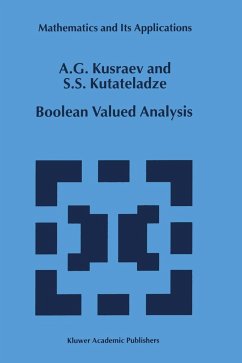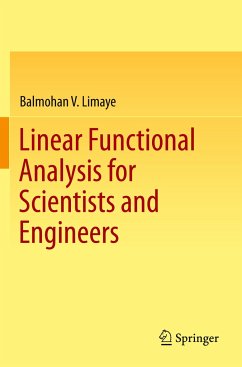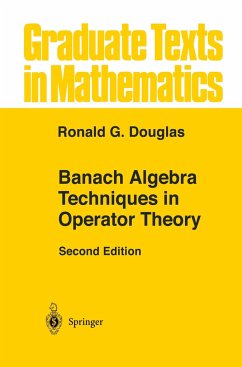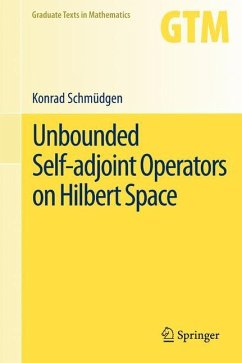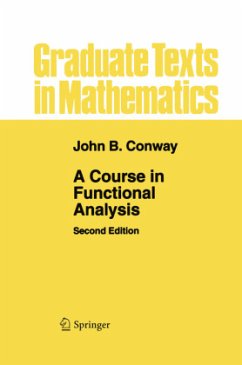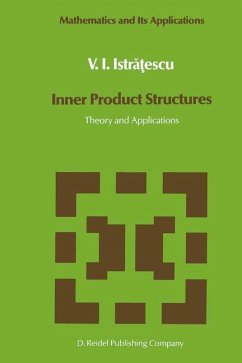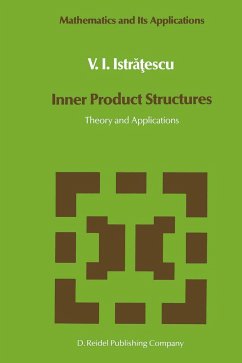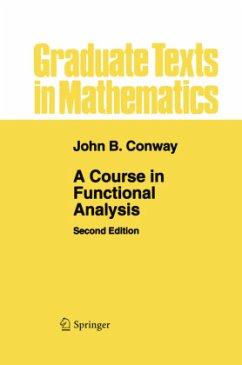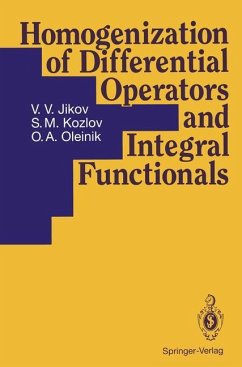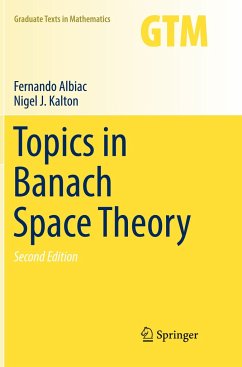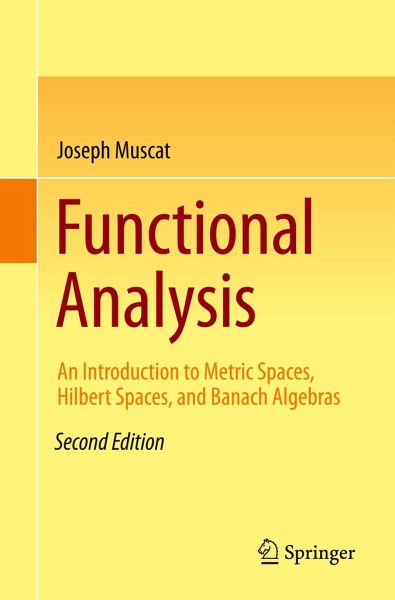
Functional Analysis
An Introduction to Metric Spaces, Hilbert Spaces, and Banach Algebras

PAYBACK Punkte
21 °P sammeln!
This textbook provides an introduction to functional analysis suitable for lecture courses to final year undergraduates or beginning graduates.Starting from the very basics of metric spaces, the book adopts a self-contained approach to Banach spaces and operator theory that covers the main topics, including the spectral theorem, the Gelfand transform, and Banach algebras. Various applications, such as least squares approximation, inverse problems, and Tikhonov regularization, illustrate the theory. Over 1000 worked examples and exercises of varying difficulty present the reader with ample mate...
This textbook provides an introduction to functional analysis suitable for lecture courses to final year undergraduates or beginning graduates.
Starting from the very basics of metric spaces, the book adopts a self-contained approach to Banach spaces and operator theory that covers the main topics, including the spectral theorem, the Gelfand transform, and Banach algebras. Various applications, such as least squares approximation, inverse problems, and Tikhonov regularization, illustrate the theory. Over 1000 worked examples and exercises of varying difficulty present the reader with ample material for reflection.
This new edition of Functional Analysis has been completely revised and corrected, with many passages rewritten for clarity, numerous arguments simplified, and a good amount of new material added, including new examples and exercises. The prerequisites, however, remain the same with only knowledge of linear algebra and real analysis of a singlevariableassumed of the reader.
Starting from the very basics of metric spaces, the book adopts a self-contained approach to Banach spaces and operator theory that covers the main topics, including the spectral theorem, the Gelfand transform, and Banach algebras. Various applications, such as least squares approximation, inverse problems, and Tikhonov regularization, illustrate the theory. Over 1000 worked examples and exercises of varying difficulty present the reader with ample material for reflection.
This new edition of Functional Analysis has been completely revised and corrected, with many passages rewritten for clarity, numerous arguments simplified, and a good amount of new material added, including new examples and exercises. The prerequisites, however, remain the same with only knowledge of linear algebra and real analysis of a singlevariableassumed of the reader.



